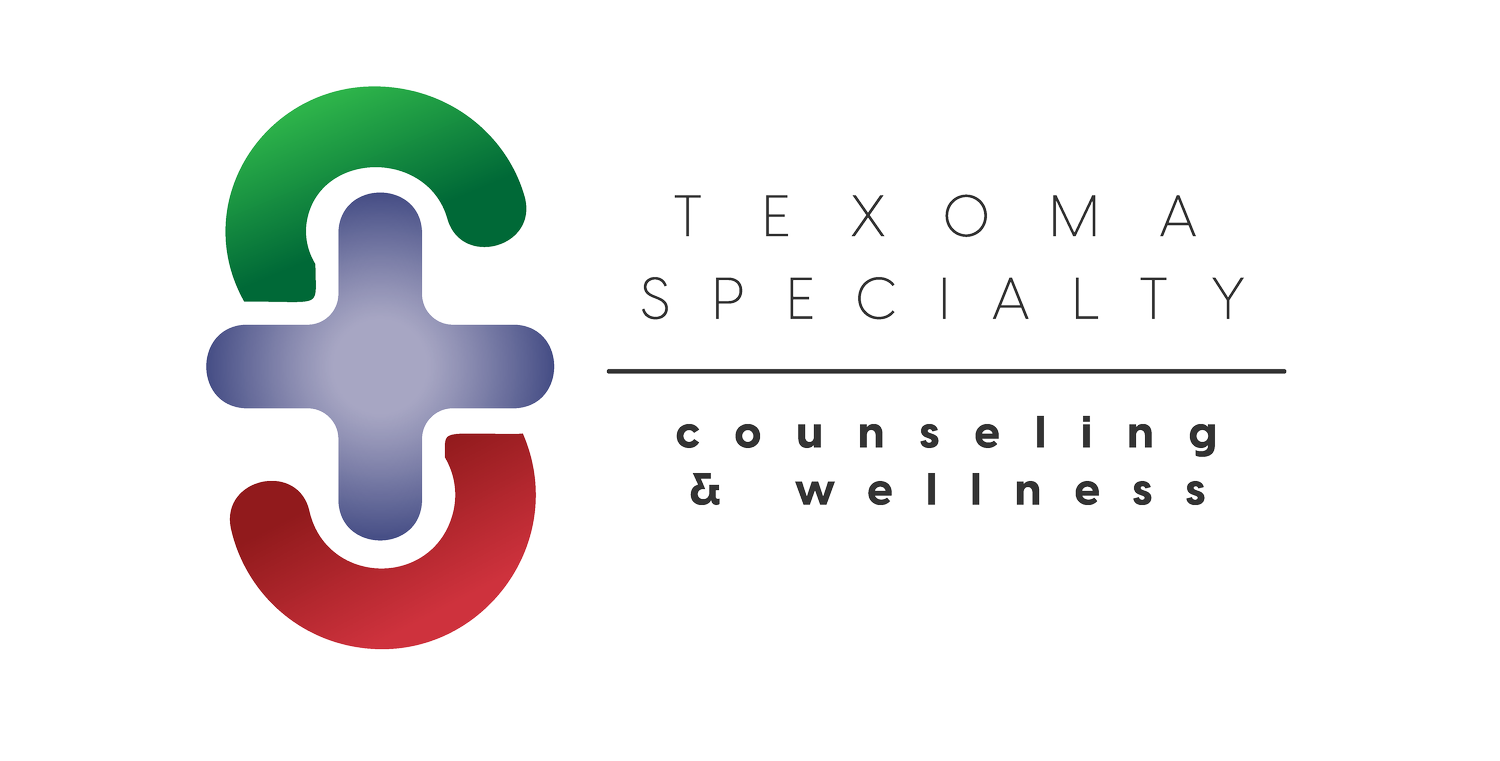The Impact of Anger on Health
Understanding and Managing Anger for Better Well-Being
Anger is a natural emotion that arises in response to perceived threats, injustices, or frustrations. While it can serve as a useful signal that something is wrong, chronic or unmanaged anger can negatively impact our physical and mental health. It can lead to high blood pressure, heart problems, and weakened immune function, as well as anxiety, depression, and strained relationships.
Recognizing the signs of anger, such as increased heart rate, tension, and irritability, is the first step toward managing it effectively. Expressing anger in a healthy way involves acknowledging the emotion without letting it control your actions.
Healthy Ways to Manage Anger
Techniques such as deep breathing, physical exercise, and mindfulness can help reduce the intensity of anger:
It’s also important to communicate your feelings assertively rather than aggressively;
Use “I” statements to express how you feel and what you need without blaming others.
Taking a timeout to cool down and reflect can prevent outbursts and lead to more constructive discussions.
Seeking professional help through therapy can also provide strategies for managing anger and improving emotional regulation.
Embrace Healthier Responses
By handling anger in a healthy way, we can maintain better physical health, improve our relationships, and enhance our overall well-being. If you’re ready to take steps to better understand and manage your anger, reach out for support. Therapy can guide you toward healthier coping strategies and emotional resilience.


